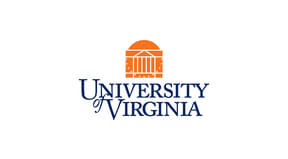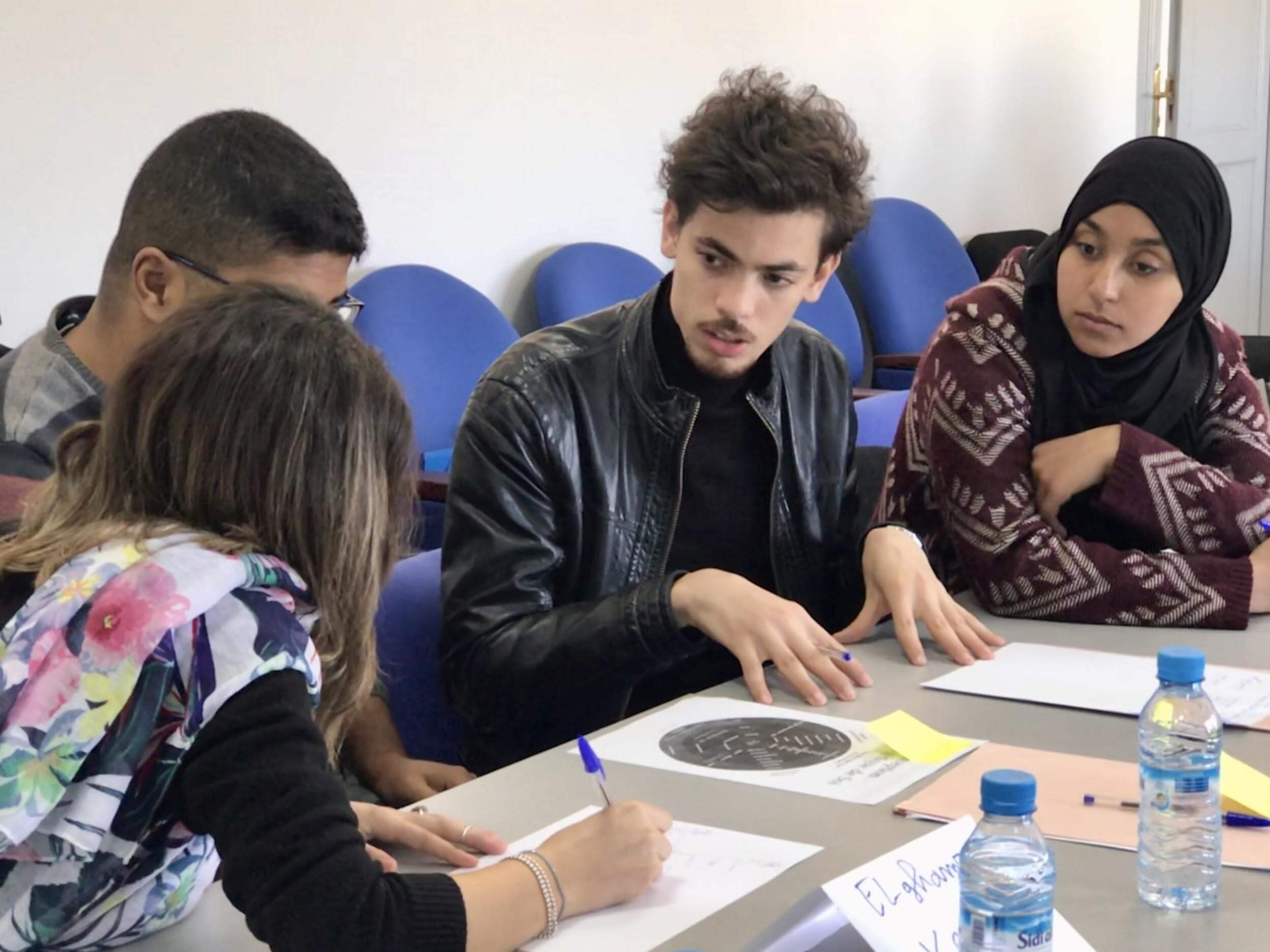By Kerstin Opfer
HAF’s Operations Manager
We are living in a time where humankind faces an unprecedented challenge – it is the warmest it has ever been on earth since human presence. The dangers of climate change are known since the 1980s but a lack of will and societal awareness has inhibited the necessary vigorous change. Further, the people, who are the most affected by climate change are also the most vulnerable and the ones with the least decision making power. We are now at a pivotal point, where with every degree a cascade of tipping point and a “hothouse earth” will become more probable. To prevent this we need political will, a new kind of cooperation, innovative technologies, business models and engaged civil society.
During the 7th edition of the International Renewable and Sustainable Energy Conference (IRSEC) 2019 in Agadir scientists, companies, policy makers and civil society organisations from all over the world gathered to discuss how to protect the environment and to combat climate change through innovation and development in the sector of clean and sustainable energy. In his opening words the Minister of Energy, Mines and Sustainable Development, Mr Aziz Rabbah, emphasized the importance of networks and partnerships between universities and institutes nationally and internationally to create competency, share experiences and skills and drive the renewable energy transition.
Furthermore, the importance of an energy transition towards clean, renewable, and sustainable energy was highlighted as a key concern of today’s society. Dr. Kawtar Hafidi, Associate Director of the Argonne National Laboratory in the U.S. invited the scientific community to discuss their research with this sense of urgency.
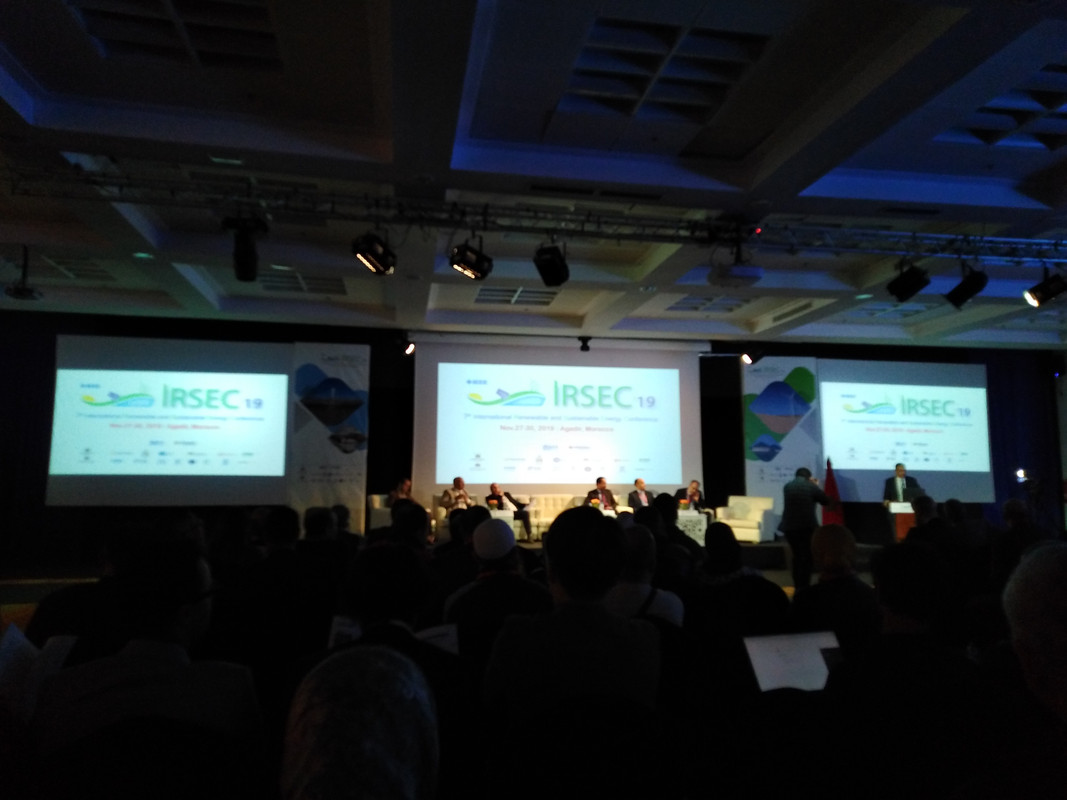
With this invitation in mind Kerstin Opfer, project manager at the High Atlas Foundation, presented a study on how to achieve a decentralised, participatory, and people-centred energy transition towards 100% renewables on the African continent. Electricity and energy are two of the key challenges in Africa – 2/3 of Africa’s population still has no access to electricity. Additionally electricity demand is assumed to triple until 2030. This poses a real threat to Africa’s development and the achievement of the SDG7 goal of ensuring “access to affordable, reliable, sustainable, and modern energy for all” until 2030. Solutions lie in the transition to renewable energy. Africa has a considerable and largely untapped potential of renewable energies. Many African countries have realized the urgency and set in place large, government-led projects to achieve a transition to renewable energy. A successful renewable energy transition, however, can only take place with the support of all those involved in the energy sector, starting with the consumer. Hence acknowledging the importance of participatory and decentralized approaches to complement large-scale installations is important.
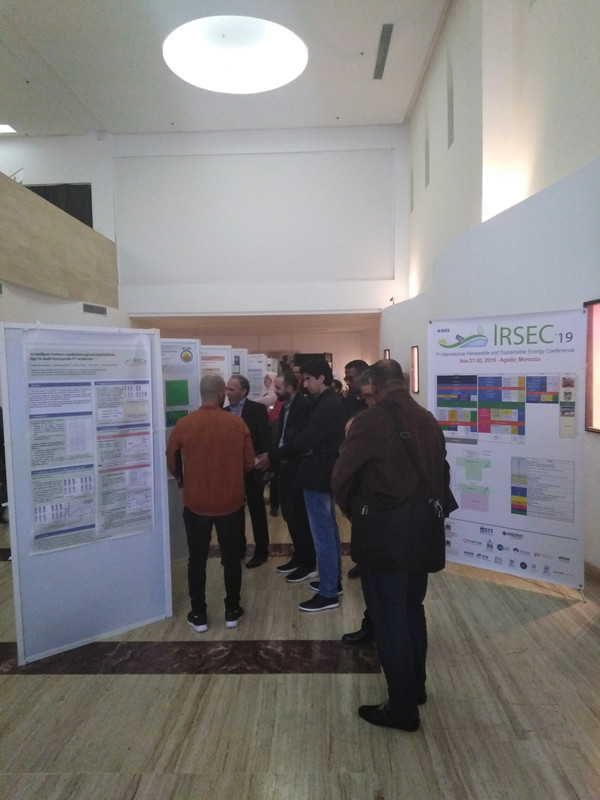
The research study that was presented during the IRSEC 2019 first introduces key challenges of renewable energy in Africa, then suggests Morocco as potential laboratory to test decentralized, participatory, and people-centered approaches to renewable energy, and last but not least develops key recommendations for Africa, drawing on experiences with such approaches in Morocco. One of the key findings of the study is that local resources together with effective community participation should be used to harness the full renewable energy potential on the African continent. Decentralized solutions can complement large-scale installation such as Noor Ouarzazate. Further, integrating environmental, developmental and energy policy can bring about intersecting benefits like poverty reduction, environmental protection and advancement in the agricultural sector. The development of such integrated energy policy frameworks that emphasise meaningful community participation as a way to achieve holistic and intersecting solutions should hence have priority.
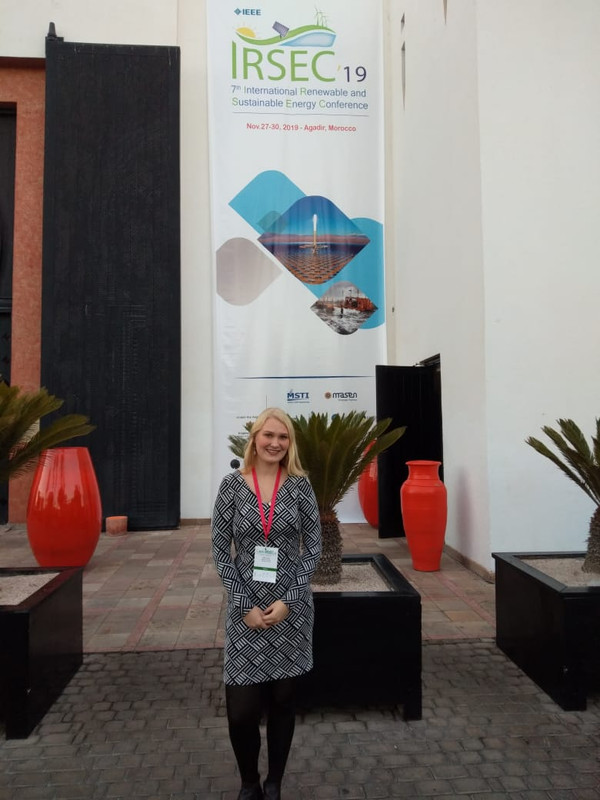
Please contact kerstin@highatlasfoundation.org if you are interested in receiving the study.
Give to this project.
